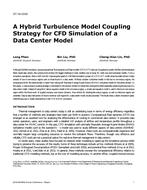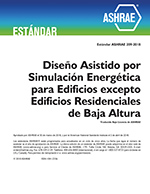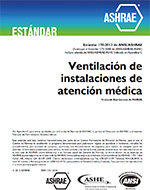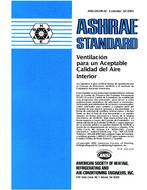Description
Although full-field simulation using computational fluid dynamics and heat transfer (CFD/HT) tools can be applied to predict the flow and temperaturefields inside data centers, the running time remains the biggest challenge to most modelers due to large 3D mesh size and turbulence models. From asimulation standpoint, there is still room for improving the speed of a full-field simulation process of a CFD/HT model whose bounded domain mostlyconsists of low to non-viscous regions such as those found in a data center. Without complex turbulence models in the low to non-viscous regions, thecomputing time for the whole domain is faster than solving full Reynolds Average Navier-Stokes (RANS) turbulence models for the whole domain. Inthis paper, a viscous-viscous coupling strategy is introduced in the solution domain to reduce the running time while acceptably preserving the accuracy of adata center model. Instead of using the Eulerian equation model in the non-viscous region, a simple zero-equation model is used in the low to non-viscousregion within the frame work of coupled inviscous and viscous domains. New criteria for dividing the viscous regions, as well as interzone regions arepresented. Step by step instructions on how to construct such regions for a data center model are also provided. The results show a decent simulation speed,while the accuracy is mostly retained from a full CFD RANS simulation.
Citation: 2016 Annual Conference, St. Louis, MO, Conference Papers
Product Details
- Published:
- 2016
- Number of Pages:
- 8
- Units of Measure:
- Dual
- File Size:
- 1 file , 1000 KB
- Product Code(s):
- D-ST-16-C005




